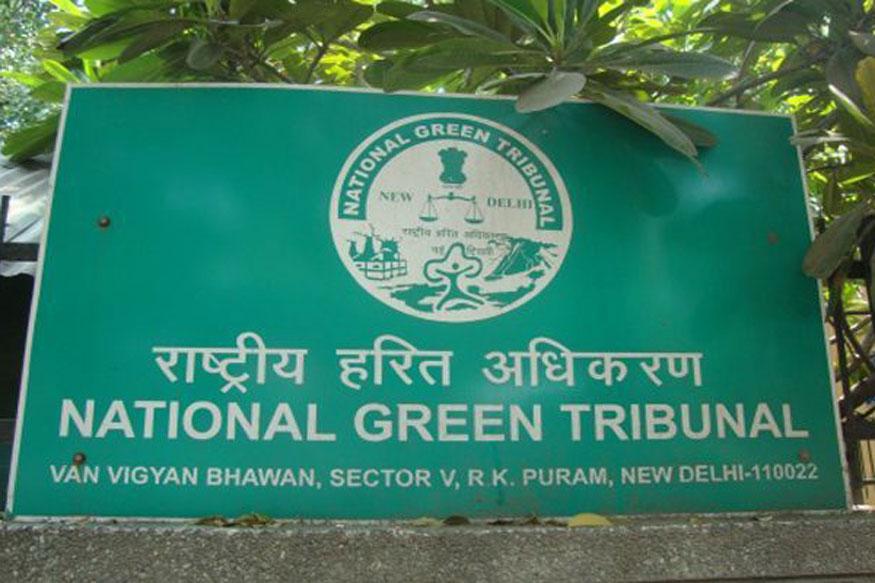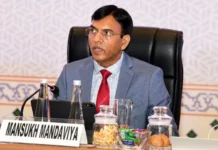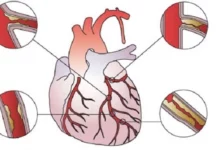NEW DELHI: The National Green Tribunal on Tuesday directed the Central Pollution Control Board (CPCB) to obtain information from chief secretaries on solid waste management, restoration of polluted river stretches and air quality management in states and Union territories.
A bench headed by NGT Chairperson Justice Adarsh Kumar Goel said the nature and extent of information submitted by the CPCB is not complete and available information with regard to sewage generation and treatment shows huge gap.
“Grading made by the CPCB into ‘good’, ‘average’, ‘poor’ and ‘no information’ is not based on any qualitative analysis but extent of information furnished,” the bench said.
On the issue of solid waste management, the tribunal said the information is required with regard to the quantity of municipal solid waste generated, segregated and treated and quantity of legacy waste.
With regard to restoration of 351 polluted river stretches, the NGT said the states need to furnish information about the compliance of directions, including in-situ and ex-situ remediation by way of phytoremediation/artificial wetlands, bio-diversity parks to reduce load on rivers.
“Chief secretaries need to monitor and compile information on the subject of execution of action plans for containment of air pollution in 122 cities, where air quality is not within permissible limits, in terms of orders of this tribunal and furnish the quantifiable progress/achievement to the CPCB,” the bench said.
Municipal Solid Waste (MSW) management is one of the most serious challenges to environment protection and although Solid Waste Management Rules have been framed in 2016, their implementation remains a problem, the tribunal had said.
The NGT had earlier noted that as per CPCB data, there are more than 4,000 legacy waste dump sites which needs immediate remediation under the rules and orders of the NGT having regard to harmful impacts on environment and public health.
“Besides, this will unlock the land occupied by such waste sites which is urgently required for setting up of integrated waste management and processing facilities or for afforestation/green belts/bio-diversity parks/buffer zones in accordance with the environmental laws. If necessary, a part of the land could be monetised if so decided by the state governments concerned,” the NGT had said. PTI







